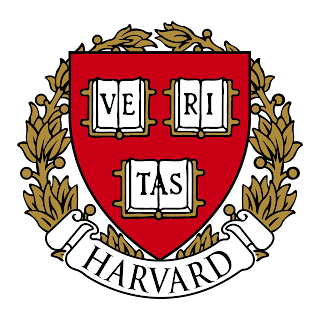When I hear Christians say “God is in control,” I have to ask myself what is meant by
this. Do we mean to say God causes
everything to happen that happens? Is everything
that happens, God’s will? I can’t
read my Bible and draw this conclusion.
So how do I reconcile
the all-encompassing rule of God with the “stuff” that happens on Earth? This works for me: God
is in absolute control, but He does not control all things absolutely.
What does this mean? It means God has the power and authority to do whatever He pleases, whenever
He pleases, including causing whatever He wants to have happen
on Planet Earth happen. He can make donkeys talk, if He wants. But I do not see the God of the Bible controlling
all things absolutely all the time. People can and do violate His will. People can
and do thumb their noses at His authority. We all disregard His Word at times, and
we have all violated His commands. That’s what sin is about.Yet, whether people acknowledge His authority or not, this does not change the fact that Christ is Lord of all, all the time, everywhere. We don’t make Christ Lord, He is Lord! It’s our place to acknowledge His authority, accept and embrace it.
Yet even if people don’t embrace it, Christ’s authority still applies to everyone, all the time. His authority is omnipresent and non-selective. It applies as much to personal life as to public life. It applies as much to what goes on in local churches as it does to what goes on in local civil governments. It applies as much to what goes on in families as it does to what goes on at workplaces. It applies to non-Christians as much as Christians. ("Thou shalt not steal," is not for believers only.)
The rule of God applies to the whole of human activity. There is no public/private split, no church/state difference, and no Christian/non-Christian distinction when it comes to the jurisdiction of Christ's authority. His jurisdiction covers the whole gamut.
That’s wholism 201.
















